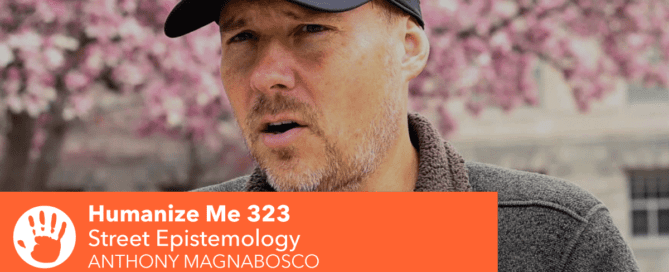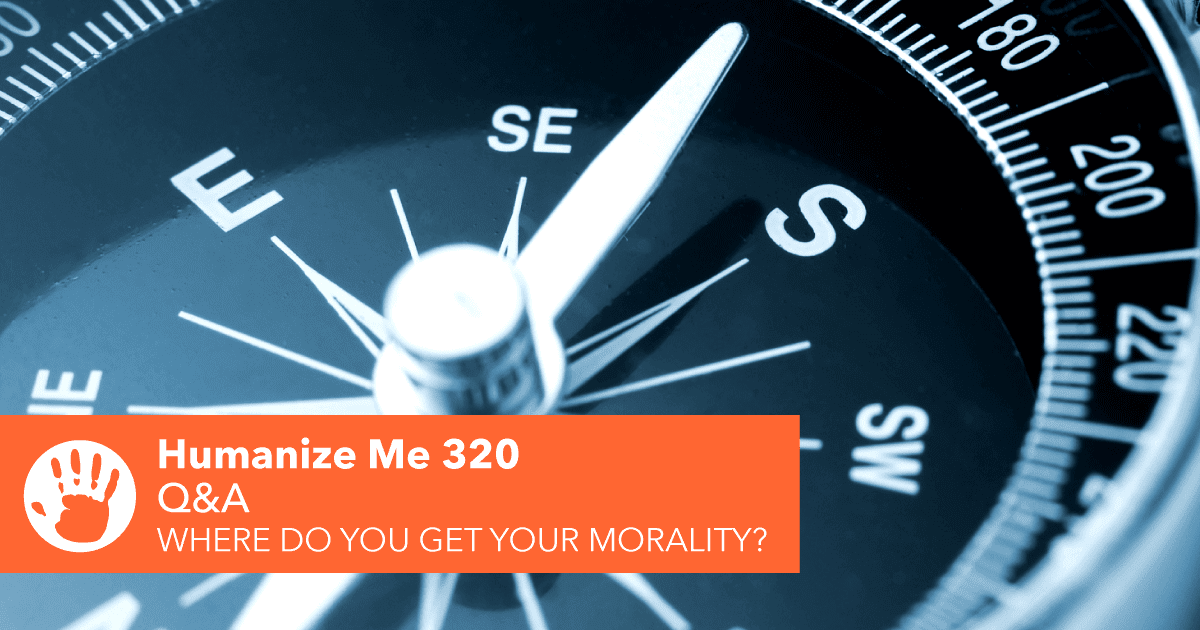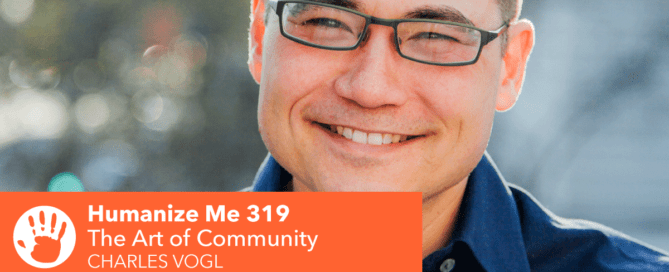Bart Campolo thinks his kids are the best in the world. Well, not objectively speaking. Well, sort of. I mean, he really prefers his kids to your kids. But he hopes you feel the same way about your own. Is that right? Is that okay? And is there any problem with that sort of ‘us-them’ mentality?
On this episode, Bart and Humanize Me producer John Wright attempt to answer a question from listener Daniel, who’s concerned that in-group/out-group thinking could have a dark side:
“A common critique I hear about religion is that it fosters an us-them mentality. Humanize Me, the episode with Charles Vogl in particular but in general also, says that ‘us-thems’ are not only fine but good. We should have ‘us’ groups, we just shouldn’t mistreat our ‘thems’.
Where it gets sticky for me is, at what point does a preference for one group of people become mistreatment of another? And to me that begins when we say that not only do we prefer a certain group but it’s right for us to prefer this group. When Bart talks about his instinct to treat his child better than another child, to me it sometimes sounds like he thinks that instinct is right, or justifiable. It’s one thing to not feel guilty about it and acknowledge that it’s perfectly natural, but it’s another to think of it as right.
So to me, when I cultivate loving relationships with people inside my group, goes to ‘It is right for me to favor my people’, it’s only a matter of time for me to mistreat someone without realizing it was mistreatment. The other problem I see when embracing us-thems too unreservedly is that when you feel justified sticking to your ‘us’ group, you don’t get challenged on your beliefs or values or ways of thinking and it becomes an echo chamber.
So, my question for Bart is: Do you see any problems with creating communities with distinct definitions and fostering loyalties to those communities and, if so, at what point does this whole thing become negative or unhealthy? Thanks guys.”
If you’re thinking it’s a damn good question, well, that’s what we thought too.
LISTEN HERE









